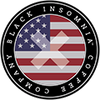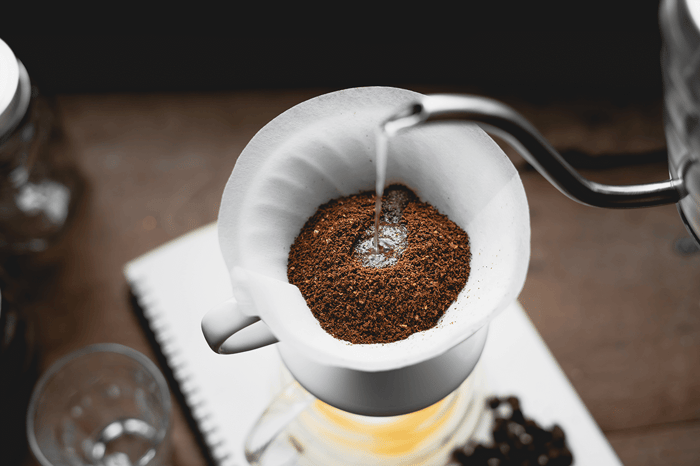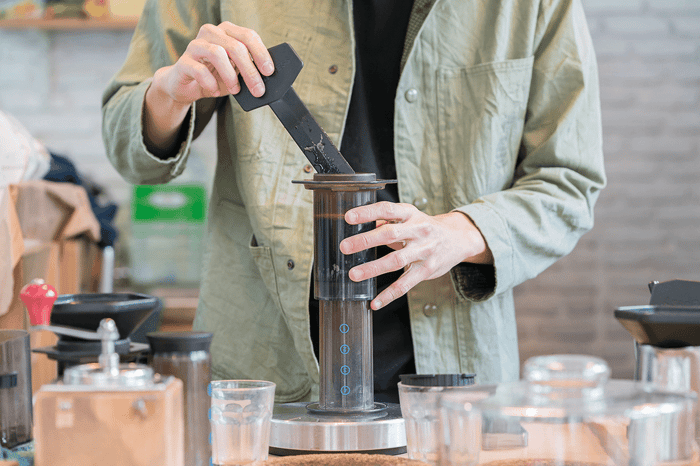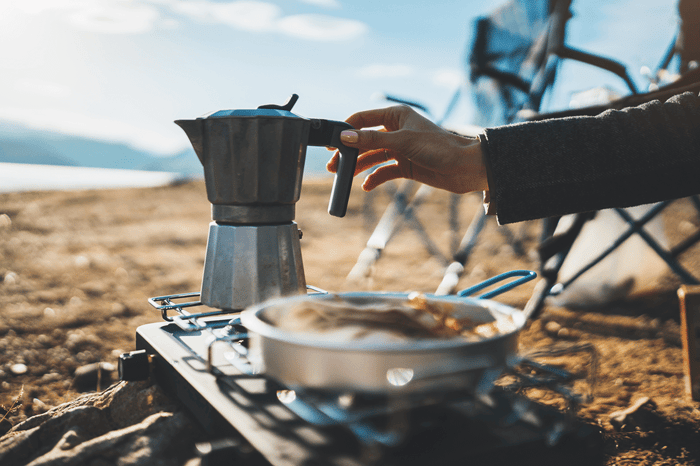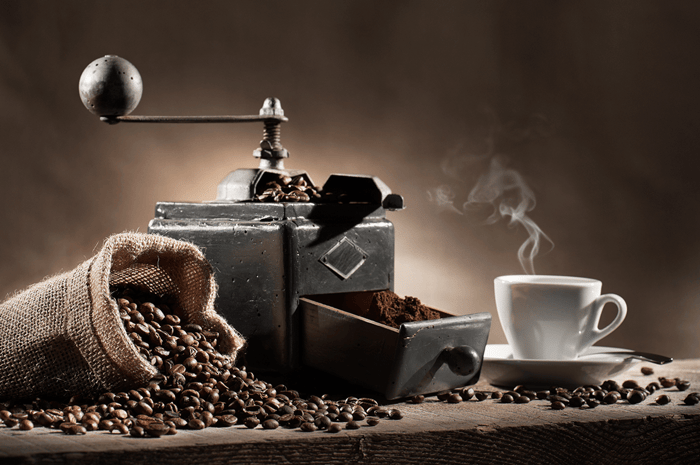
There are so many things that affect the way coffee tastes. Does the kind of water you use really matter that much?
Well, when you think about it… what do you use to make coffee?
(Hopefully, it’s coffee beans and water.)
A cup of coffee is only a little over 1% coffee particles. Roughly 98-99% of your average cup of coffee is water.
So yeah, water kinda matters.
Is Hard Water or Soft Water Better for Brewing Coffee?
If you have hard water at home, you’re probably already aware that it causes a lot of issues with brewing equipment.
The minerals and scale that build up in coffee machines don’t just cause issues with their operation, but they alter the flavor of the coffee as well.

Harder water tends to result in more caffeine being extracted, due to the caffeine “sticking” to minerals that are typically present in hard water like calcium and magnesium.
However, hard water tends to have high levels of bicarbonate, which emphasizes the natural bitter flavors in coffee.
But soft water, on the other end of things, isn’t so great either.
As you might guess based on hard water’s effects, soft water typically results in less caffeine extraction due to lack of those “sticky” minerals we talked about.
However, it’s often rich in sodium as a by product of being run through the water softening process.
Both of these things combined can lead to an overall lackluster flavor compared to coffee brewed with harder water.
In fact, compared to soft water, hard water is generally better for making coffee. While it can make your coffee taste more bitter, the extraction results are better overall, and there’s more coffee flavor overall as well—that includes the non-bitter flavor notes of your coffee as well.

With everyone’s tap water at home being different (at least regionally), coffees with certain flavor notes, or coffees from certain regions, can taste better in one person’s tap water than another’s.
For one example, I find that Ethiopian coffee and coffee blends with sweeter notes tend to taste particularly good with my tap water—which is definitely on the harder side of the spectrum. Meanwhile, coffees I used to buy more of when I lived somewhere with a water softener taste different than they used to—not bad, just different.
So if you’ve noticed a change in the way your coffee tastes and you’ve relocated at some point, your tap water—of all things—could actually be to blame.
Note: Yes, I know we should all be using filtered water to brew with. What you don’t understand is that I’m lazy, and forgetful, and I just don’t have it in me to replace the filter in my Brita or my fridge more than once a year. And we don’t all have the bucks to pour Fiji in our AeroPress seven times a day.
Conclusion
So with all of this info taken into account, it kinda makes sense why the same coffee made with tap water might taste different at your local coffee shop.
Even if all of the equipment and other variables used in the brewing process are exactly the same!
So what water is best to use when brewing? Use filtered, neutral to slightly hard water for the best flavor and caffeine extraction results.
